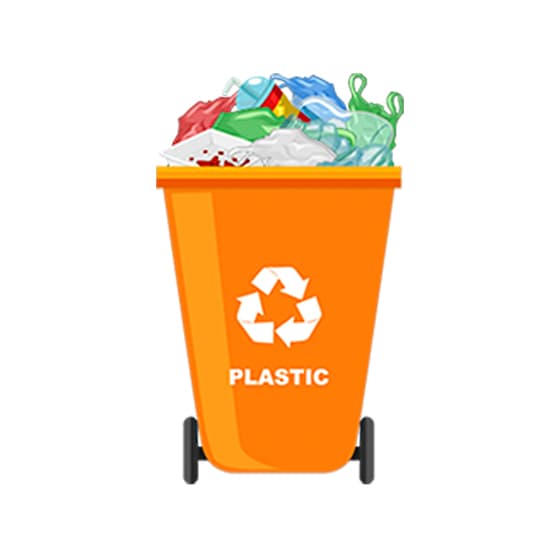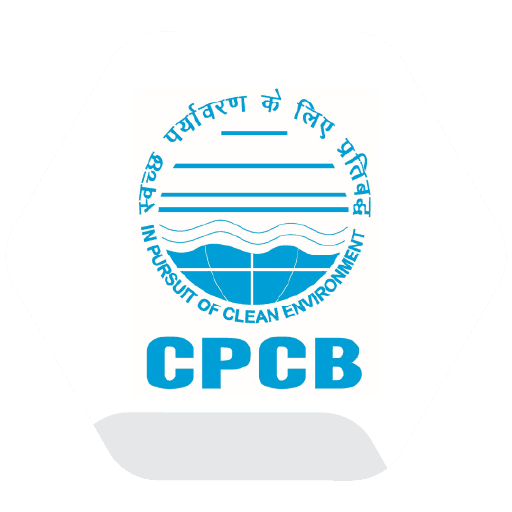
Plastic Waste Management
Helping producers fulfil their EPR obligations by managing the collection, recycling, and environmentally sound disposal of plastic waste in full compliance with CPCB guidelines.


Plastic Waste Management
Plastic waste is one of the most pressing environmental challenges of our time. With its durability and versatility, plastic is used in every aspect of our daily lives. However, its persistence in the environment poses significant risks to ecosystems, wildlife, and human health. Nearly 40% of all plastic waste in India comes from single-use plastics, contributing significantly to pollution.
The landfills are now carelessly filled with this non-biodegradable material, and yet we're still producing it. The Earth is not capable of bearing the load of this increasing waste. We as individuals must be informed and create awareness.
What is meant by Plastic Waste Recycling?
Recycling of plastics is the process of recovering used or discarded plastic materials and converting them into new, usable products. It plays an important role in reducing the environmental impact of plastic waste, conserving valuable resources, and supporting the principles of a circular economy.
In addition to helping manage the increasing volume of plastic waste generated every year, recycling also reduces the need for producing new plastic, thereby saving both raw materials and energy.
Benefits of Plastic Recycling
Environmental Impact
Reduces landfill burden
Protects ecosystems and wildlife
Minimizes pollution
Resource Conservation
Saves raw materials
Reduces energy consumption
Conserves natural resources
Economic Benefits
Supports circular economy
Creates employment opportunities
Reduces production costs
Social Responsibility
Individual awareness building
Community engagement
Sustainable practices
EPR for Plastic Waste Management
EPR (Extended Producer Responsibility) is a policy approach where producers are given significant responsibility for the end-of-life management of their product.
The Ministry of Environment, Forest and Climate Change (MoEFCC) is the regulatory body for the management of waste. Under the PWM Rules released (on February 16, 2022), it is mandatory to get an EPR certificate under the PWM Rules, 2016, for any entity placing plastic waste of any kind in the market.
Types of Plastic Packaging under EPR
Applicability of EPR for Plastic Waste
Producer
Any entity engaged in the manufacture or import of carry bags or multilayered packaging or plastic sheets or the like, including industries or individuals using plastic sheets or the like, or covers made of plastic sheets or multilayered packaging for packaging or wrapping the commodity.
Importer
Any entity that imports or intends to import such products and holds an Importer-Exporter Code number, unless otherwise specifically exempted.
Brand Owner
Any entity that sells any commodity under a registered brand label.
Plastic Waste Processors
Entities involved in recycling, co-processing, or converting plastic waste.